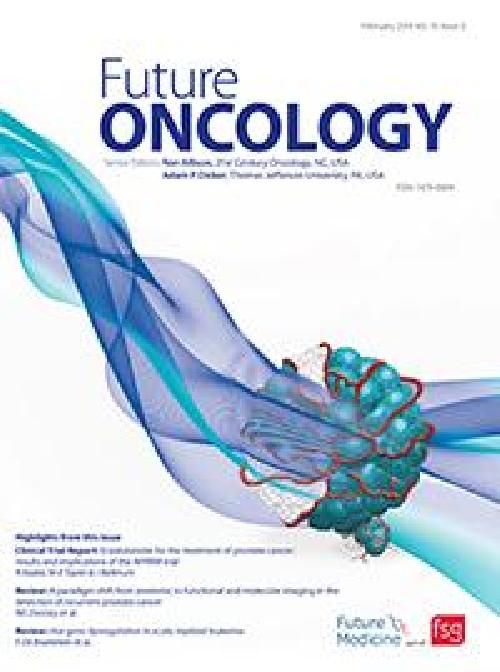Future Science Group today announced the publication of a new article in Future Oncology, presenting a consensus statement from the International Radiosurgery Oncology Consortium for Kidney for primary renal cell carcinoma (RCC). This consensus statement is the result of a collaborative effort from experts worldwide, and identifies key methods for the safe implementation and practice of Stereotactic Body Radiation Therapy (SBRT) for primary RCC. These guidelines may aid the standardization of treatment delivery.
SBRT is an emerging non-invasive treatment option for patients with inoperable primary RCC with favorable comparisons to already available non-invasive treatments. Expertise in this technique has been developed at several institutions worldwide, but this is the first consensus statement from the newly formed international consortium.
"Stereotactic radiotherapy is an emerging innovative therapy for patients with inoperable kidney cancer and IROCK has devised an important consensus framework for the technique", explained Shankar Siva, of the Peter MacCallum Cancer Centre (Melbourne, Australia) and lead author of the guidelines. "This work is a much-needed practical guide for patient selection and management in this developing field."
 Future Science Group today announced the publication of a new article in Future Oncology, presenting a consensus statement from the International Radiosurgery Oncology Consortium for Kidney for primary renal cell carcinoma (RCC). Credit: Future Science Group
Future Science Group today announced the publication of a new article in Future Oncology, presenting a consensus statement from the International Radiosurgery Oncology Consortium for Kidney for primary renal cell carcinoma (RCC). Credit: Future Science Group
Nick Ward, Commissioning Editor for Future Oncology, added: "As noted by the authors, SBRT for primary RCC is non-invasive, well tolerated, cost-effective and widely available. This method is expected to become the standard option for inoperable primary RCC within the next decade and guidelines such as these can help facilitate multi-institutional studies to establish efficacy and survival outcomes after this treatment."
source: Future Science Group